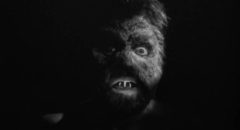
A round-up of recent viewing, as usual heavy on horror and exploitation.
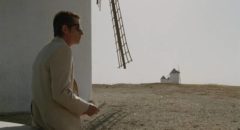
We love stories about bad people; even better, we love stories about bad people who begin to have doubts about themselves and the lives they’ve lived. Two new releases from Criterion explore that self doubt in genres tailor-made for such characters – the western (Henry King’s The Gunfighter, 1950) and the gangster film (Stephen Frears’ The Hit, 1984).
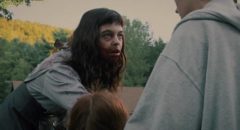
In popular culture, and exploitation movies, cannibals are the disreputable cousins of the zombie; they have the embarrassing habit of eating unsuspecting people without any supernatural justification. There’s a distinct difference, though, between American and Italian cannibal movies – the former adhering to tropes related to serial killer stories, while the latter draw on anthropological ideas to provide a gloss of realism to graphic exploitation imagery. The contrast can be seen clearly between Andrew van den Houten’s Offspring (2009), Lucky McKee’s The Woman (2011) and Pollyanna McIntosh’s Darlin’ (2019) and Ruggero Deodato’s Cannibal Holocaust (1980) and Umberto Lenzi’s Cannibal Ferox (1981).
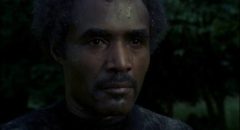
A couple of recent disappointments from Indicator – excellent editions of two mediocre movies (Guy Hamilton’s Force 10 From Navarone [1978] and Paul Annett’s The Beast Must Die [1974]) – are offset by the terrific French television series of adaptations from the Maigret novels and stories by Georges Simenon, fifty-four feature-length movies centred on a magisterial performance by Bruno Cremer as the famous detective.
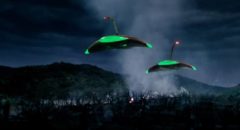
With a spectacular 4K restoration from the original three-strip Technicolor negative, Criterion have reinstated George Pal’s The War of the Worlds (Byron Haskin, 1953) to its place at the pinnacle of 1950s science fiction. While Barre Lyndon’s script, updating the story to the present and relocating it to California, strips H.G. Wells’ novel to its bare essentials, Pal and his production team turned interplanetary destruction into a glorious visual spectacle which hasn’t looked this good since the original Technicolor prints played in first-run theatres.
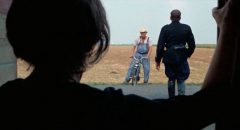
In the past few years Kino Lorber has become one of the most prolific disk producers with a remarkably varied catalogue representing every imaginable genre. Here, I look at a half dozen KL releases by a range of interesting directors – Robert Fuest, Ken Russell, Alain Robak, Harold Becker, Don Siegel and Sam Peckinpah.
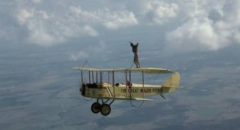
Revisiting movies from the early 1970s, I recently watched Howard W. Koch’s rather ugly cop feature Badge 373 (1973), with Robert Duvall as a rule-breaking, racist misogynist NYC detective; Willard (1971), Daniel Mann’s adaptation of Stephen Gilbert’s dark horror novel Ratman’s Notebooks; and two features by George Roy Hill, his faithful adaptation of Kurt Vonnegut Jr’s Slaughterhouse-Five (1972) and his most personal, and best, film The Great Waldo Pepper (1975).